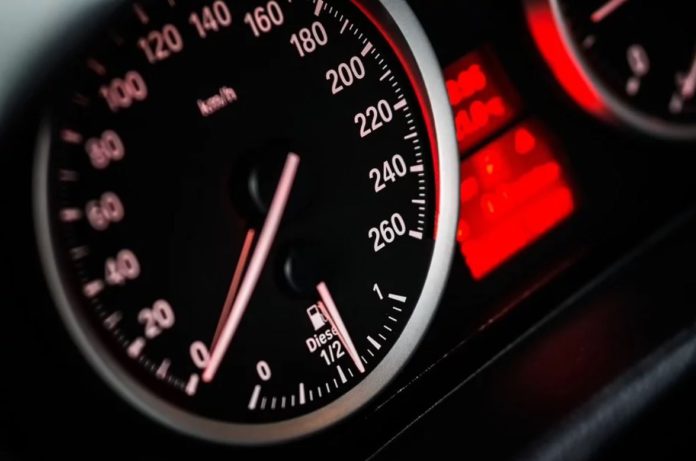Several changes to the National Car Test (NCT) came into effect yesterday (Monday, June 21st0.
These changes will see Ireland be amongst the first EU Member States to commence the use of On-Board Diagnostics (OBD), testing under EU Roadworthiness Directive 2014/45.
The NCTS will introduce OBD testing on a phased basis in the NCT.
The NCT OBD scanner will only scan the OBD system for:
- Vehicle Identification Number (VIN);
- Odometer Reading.
- Electronic Braking System (EBS);
- Anti-lock Braking System (ABS).
When an OBD error code is detected, it will result in the vehicle receiving an advisory pass provided the vehicle passes on all other items being assessed.
Then, from early 2022, when an error code is detected, this may constitute a reason for failure.
According to the NCTS, this approach will enable customers and the automotive industry to become familiar with this change to the NCT process.
New NCT test changes
Mr. Mark Synnott, managing director of NCTS, explained: “We will see a new approach to the testing of vehicles with On-Board Diagnostics (OBD).”
“This check will be required to inspect faults on vehicle functional systems. This roadworthiness check will go beyond what is currently provided for within the current NCT test process.”
“The NCT vehicle inspector will plug the OBD scanner into the vehicle’s OBD computer port known as the DLC (data link connector)”.
This port is usually located under the steering wheel but may also be found in the vehicle’s glove compartment.
This OBD scanner will quickly indicate whether the vehicle passes. It also helps and alerts the vehicle inspector to any possible malfunctions with the vehicle.
New NCT manual
He also commented on the other changes that came into effect yesterday, in line with EU Directive 2014/45. A new version of the NCT manual came into operation.
The NCT manual:
- Lists each item on which a car will be tested;
- Lays down the test method;
- Pass/fail criteria to adopt for the compulsory roadworthiness testing of passenger vehicles.
It provides guidance to the public and the automotive industry on why a vehicle may fail the NCT and the categorisation of defects.
Finally, the introduction of this new NCT manual will also see where a combination of deficiencies is recorded in the NCT in one area of a vehicle. The combination of deficiencies could lead to the result of the NCT being escalated to fail dangerous.
Where a vehicle receives this result, it is considered to constitute a direct or immediate risk to road safety. The vehicle should not be driven on the road under any circumstances.
Mr Sam Waide, CEO, Road Safety Authority, said: “These changes will enable Ireland to meet its strategic objectives and continue to lead the way in improving road safety through the use of vehicle technology and contribute to significantly safer vehicles on Irish roads.”





